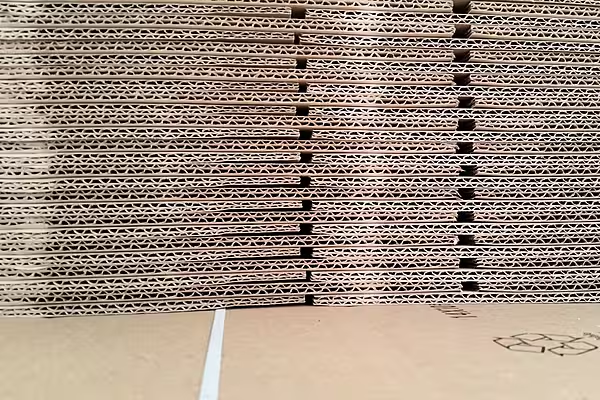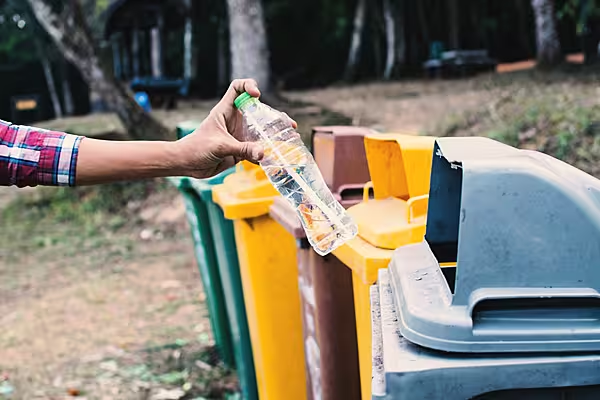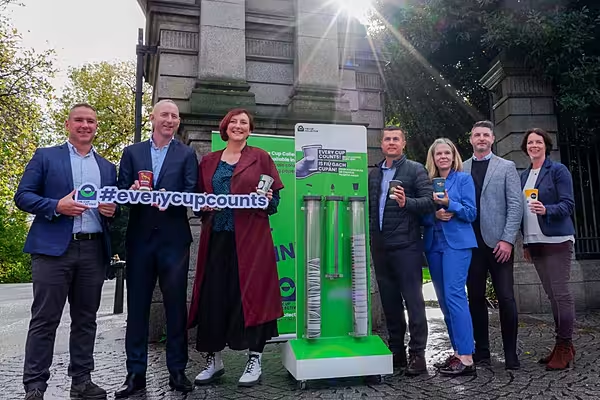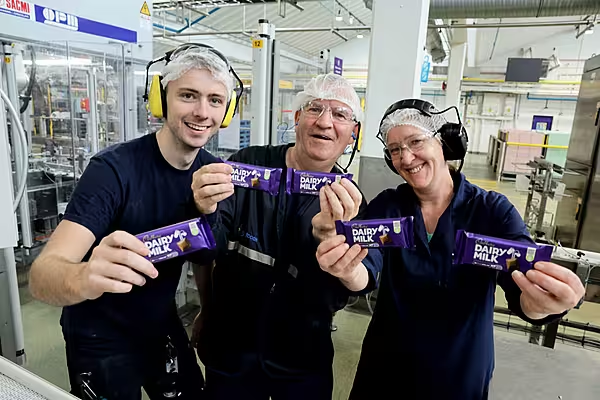British cardboard maker DS Smith expects a newly opened plant in northern Italy to help it reach its full-year growth targets as well as cut down on emissions and soften the impact of soaring energy prices.
Speaking on Tuesday at the new facility in Castelfranco Emilia, near the city of Modena, Miles Roberts, chief executive called the plant "a long-term asset" that would help the company navigate a "challenging" short-term economic environment.
However, Roberts said the company was preparing for the risk of rationing of energy over the coming winter as supplies from Russia are squeezed as a result of the war in Ukraine.
Investment
DS Smith, which provides packaging, paper and recycling services, said it had invested a combined £100 million ($117 million) at the Italian site and a similar facility to be launched in the Polish city of Belchatow.
Both projects are aimed at meeting growing customer demand for sustainable packaging, one of the drivers that helped support the company after the pandemic. Now energy is the number one concern.
"We think there will be rationing," and "we have to plan for it now", Roberts said, especially in the event of a severe winter, without specifying where that could occur.
Yet, he added that there is a lot the London-based company can do to reduce gas consumption without affecting output in terms of both volumes and quality, such as extending shifts, and "running the factories for longer," but at a lower intensity.
The chief executive of Europe's largest paper packaging producer, Smurfit Kappa, said in July that the company expected a shortage of paper on the continent if gas rationing affected production in the coming months.
Roberts said that 90% of costs related to natural gas had been covered for this year thanks to hedging programs with financial institutions, with 80% hedged for next year and 50% to 60% for the following one.
Energy Saving
The Italian plant boasted an overall production capacity of 300 million cardboard boxes per year, and would help the company, whose customers include Amazon and Nestlé, meet its target of an at least 2% growth in corrugated box volumes this year.
Set to employ up to 135 people when at full capacity, the packaging facility was designed to save around 700 tonnes of CO2 per year compared to a traditional box plant.
The plant relies on fully-electric internal transport, a solar system and LED bulbs, while an automated vertical warehousing system working with machines on the factory floor was crafted to boost productivity and efficiency.
To further cut energy costs, the company said that at Castelfranco plant's offices, air conditioning was powered by a geothermal system tapping into a water well 90 metres-deep beneath the ground.
DS Smith owns a total of 24 plants in Italy and eight in Poland, including the two new warehouses.
News by Reuters edited by Donna Ahern Checkout. For more packaging stories click here. Click subscribe to sign up for the Checkout print edition.









